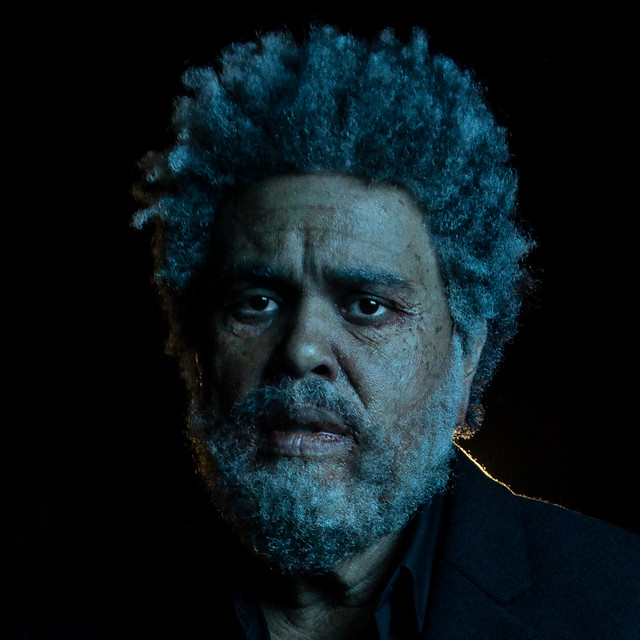
By Emma Weidmann | Staff Writer
The Weeknd’s “Dawn FM” is a true concept album. The album is meant to be a one-hour radio show on an imaginary station, 103.5 Dawn FM, and opens on an atmospheric introduction by the host of the station, the voice of Jim Carrey.
Carrey narrates several spoken word intermissions on the album. In these speaking parts, The Weeknd’s love of Michael Jackson becomes abundantly clear. 1982’s “Thriller” is heavily referenced in the final track, “Phantom Regret by Jim,” a poem read by Carrey, as the voice of Vincent Price can be heard in the background. Even Quincy Jones, famously a collaborator with Michael Jackson, reads a spoken interlude, “A Tale by Quincy.” Other songs, like “Sacrifice,” echo Jackson’s iconic sound and chord progressions.
Besides the influence of the “King of Pop,” the album takes its sound from the 1980’s in an even broader sense with its heavy-handed use of synth. The Weeknd is massively popular with Generation Z, those whose parents listened to the music of the ‘80’s as it was released. Albums that cash in on nostalgia reflect an interesting trend in the listening habits of Generation Z in that the music is planted equally in the past and the present. It is seen as original and unique by younger audiences in comparison to more modern pop hits because of the nostalgia of their parents’ music that it brings. However, it is so heavily influenced that the only truly unique parts of it can be the lyrical content.
Much of the album dwells on morbid and existential subjects — primarily the transition of life into death. In fact, the title of the album works as a metaphor for the lyrical content, dawn being a transition period between night and day. “Dawn FM” is an exploration of purgatory, a state of being neither here nor there.
Transition is a major component of the album. Many of the songs fade seamlessly into each other, simultaneously creating an incredibly cohesive listening experience— and an album with very little variety or tracks that stand out from any of the others.
One thing that does stand out is a single line in the song “Every Angel is Terrifying.” In it, a phone number is given that one might call to order a tape, similar to an infomercial. The number is 1(800)-444-4444, which, to any listener in Texas, will remind them of a particular law firm commercial. In an album that takes itself so seriously, it was an unexpected break from immersion to be reminded of dramatic lawyer commercials, no matter how clearly unintentional it was.
All compliments and criticisms aside, “Dawn FM” is both a great album and a really weird one. It feels like the sort of project that fans will either love or hate, both for its creepiness and unsettling energy, and for the sameness of its songs. It seems like the sort of album that is so avant-garde, so odd, that listeners will feel as if they would look stupid not to like it. Nobody wants to seem like they don’t understand a piece of art, but “Dawn FM” is hard to appreciate without suspending one’s own personal feelings on topics like death, mortality and even their religion.




